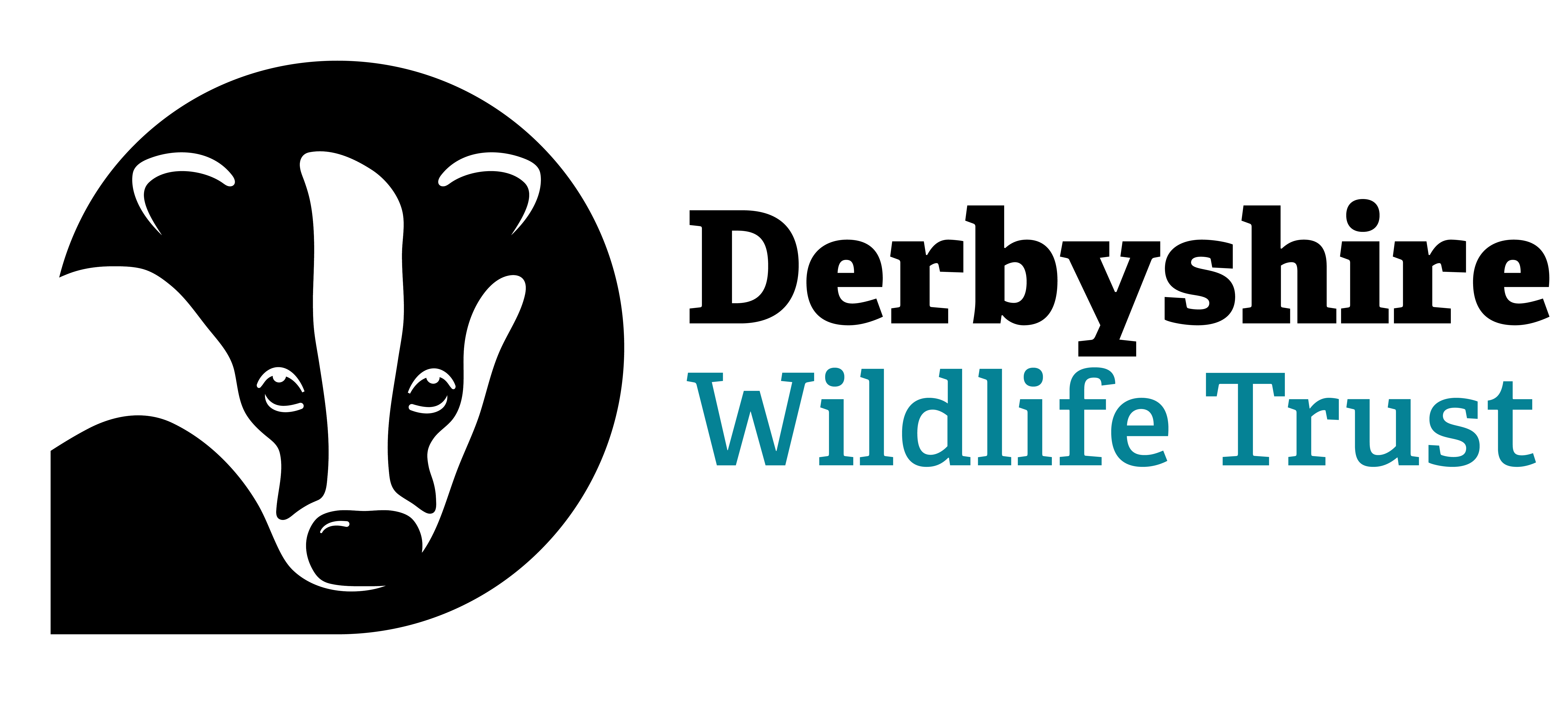Derwent Survival Plan
The Derwent catchment is one of the most important ecosystems in Derbyshire. Our actions have denatured and polluted this iconic river, destroying habitats and threatening species, we must act now before it is too late. White-clawed crayfish are at risk of extinction, otters are red listed, water voles are endangered, and Atlantic salmon are endangered in the UK.
We are committed to restoring the habitats these, and other, species need to survive. But we can’t do this alone; we need your donations so that together we can support nature's recovery across Derbyshire.
Donate today and receive a downloadable 'all about' guide on beavers, otters or hedgehogs, as well as the opportunity to join us on a guided nature walk:
Donate to the Derwent Survival Plan
Please support our plan to protect and enrich precious Derwent wildlife
Human actions are behind the chief threats to wildlife along the River Derwent.
Here are some of the threats being faced, along with the actions we are planning or have already taken:
RIVER POLLUTION
Planting reedbeds slows the water flow, creating habitats for birds like bitterns, and helps remove pollutants before water enters the Derwent.
EXCESSIVE TREE REMOVAL
We’re working with landowners to promote riverside tree planting to restore shade, stabilise the riverbanks and create new habitats.
OBSTACLES AND RIVER STRAIGHTENING
We’re re-meandering a tributary stretch of the Derwent – back to its pre-industrial revolution course – to slow the flow and allow new habitats to develop. The bypass of weirs allows Atlantic salmon to once again navigate deep inland to their ancient spawning grounds.

River species under threat
Atlantic Salmon
Atlantic salmon are back and breeding after an absence of hundreds of years, since we removed obstacles to allow them to swim back to some of their ancient breeding grounds. But pollution, lower water levels and higher temperatures are new threats!
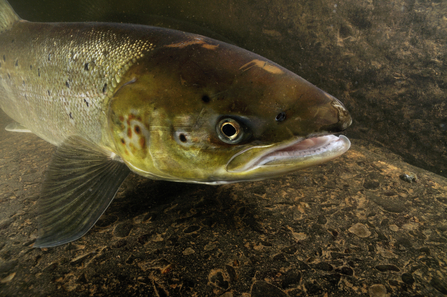
Atlantic salmon ©Linda Pitkin/2020VISION
Otters
Derbyshire’s otters were almost wiped out due to persecution and pesticide poisoning. Now protected by UK law, and with improved water quality in the Derwent, otters have at last returned. They remain listed as ‘endangered’, and need more habitats to breed and thrive.
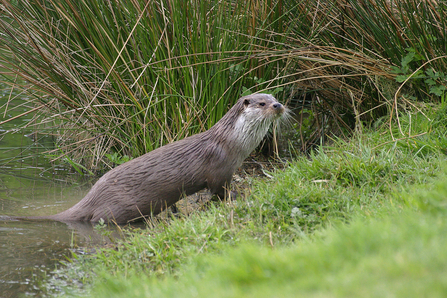
© Wildstock
Water Voles
The humble water vole works tirelessly to improve its riverbank habitat, in turn helping many other wetland species to survive.
But they are close to extinction along the Derwent due to loss of habitat, and because they are easy prey for the non-native American mink.
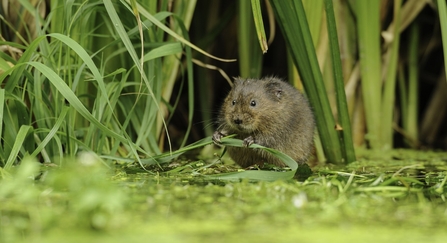
Water Vole (Arvicola amphibius), Kent, UK - Terry Whittaker/2020VISION
Freshwater white-clawed crayfish
Our freshwater white-clawed crayfish population has been almost wiped out by disease, brought to the Derwent by non-native North American signal crayfish. We are finding and monitoring our surviving populations, and relocating some of them to ideal habitats in other Derbyshire rivers.
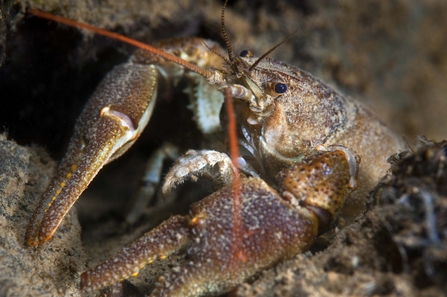
©Alex Mustard/2020VISION
